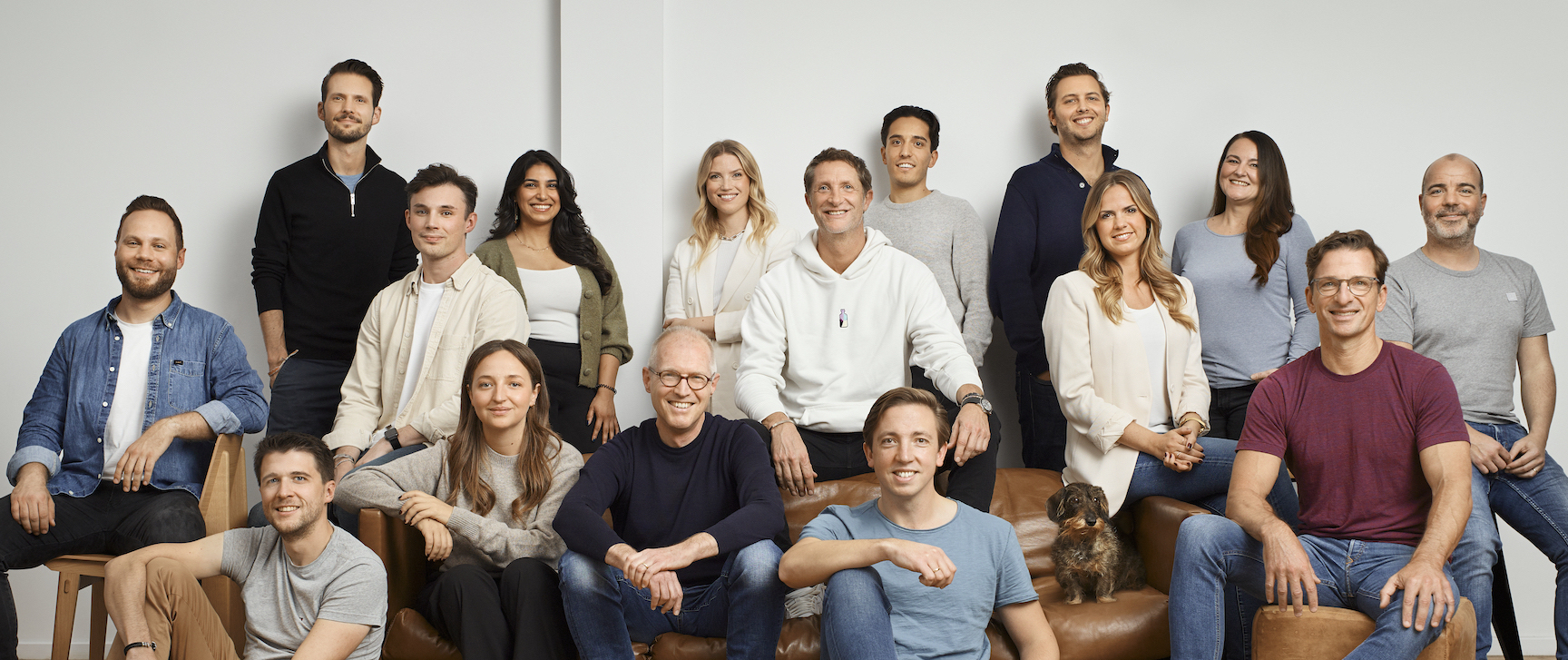Does anyone remember a German tech start-up which was so successful that it took over other technology companies, e.g. from the USA? Well, there were a few exceptions in the past, such as United Internet, SAP or Software AG. Despite some research I could not find any significant takeovers by younger (start- or grown-ups) companies.
So far this story has mostly been told the other way around:
“US Tech company buys German start-up” or “US Tech company takes over German technology forge”. Europe and Israel were and still are a kind of grave table for US technology companies and grown-ups (more mature startups) to grow non-organically, to “eliminate” international competitors and to maintain and expand their own technological lead.
For most German technology start-ups, a trade-sale is the most common exit. We have seen IPOs less frequently since the year 2000 and if so, then in recent years it has been in particular ecommerce start-ups (Windeln.de, Westwing, Zalando, Home24) that have chosen the path to the stock exchange as an exit.
From seller to buyer
Why is it that US Tech companies in particular were or still are the buyers of German technology start-ups?
I try to describe it as simply as possible:
- The big one buys the small one
- The fast one grabs the slow one
- German tech startups often have very good technology, but don’t manage to get big enough to be among the big and fast ones themselves
- A company with a functioning and scalable sales organization can market additional products. These products do not always have to originate from a company’s own development
Companies such as Alphabet, Cisco, Oracle, Salesforce, etc. have more or less been practicing what German companies have missed over decades. Through strategic acquisitions, these companies further expand their market position, expand their product portfolio and thus secure their long-term survival.
What does it take to take over and integrate smaller tech start-ups?
Financial power
- First and foremost, a company has to be able to afford it. The buyer needs the necessary financial power (cash) and flexibility
- Often the purchase price is not only paid in cash, but the sellers also receive shares from the buying company. These shares must be “promising”, i.e. it should be foreseeable that the value of the shares will increase strongly in the future
Strategic and technical fit
- There must be a strategic fit between the buying company and the M&A target. For example, complementary products, combinable technology, similar customers, complementary regional market coverage
Cultural fit
- The buying company must be attractive to the founders, management and team of the company to be acquired. The corporate culture and the spirit in the team of the buying company are important factors here
- The organization must be able to carry out post-merger integration. In particular, the management team must be able to execute an M&A transaction from start to finish
A good example from the German tech scene
In the last 3 months Adjust has acquired two venture capital financed tech startups to accelerate its growth and expand its product portfolio. The two M&A transactions (one US and one Israeli tech startup) are a clear sign of a long-term strategy and growth potential.
Official press releases from Adjust:
https://www.adjust.com/blog/adjust-acquires-unbotify/
https://www.adjust.com/blog/adjust-acquires-acquiredio/
The fact that Adjust is a buyer is a clear sign of Adjust’s dominant position. The founders, management and the entire Adjust team have since its inception and the first seed financing round in April 2012 managed to become the technology leader and category leader in the Mobile Attribution and Measuring Market in recent years. Adjust has succeeded in establishing a globally functioning and scalable sales organization in its core market, which is in a position to market new additional products.
More to come?!
I have the great hope that Adjust will not remain an isolated case. What large, established German technology companies missed out on could now be made up by young, leading technology companies. There are some prospective category leaders among German tech start-ups (e.g. Contentful, Celonis, tado, GetYourGuide and others). We can be curious who will grow even faster by taking over other startups.
IMHO
In order for a company to maintain and expand its market leadership or leading position, it is often not enough to grow organically. A “not invented here” mentality slows it down.


.png)


.jpg)






























.jpg)


.jpg)






















.jpg)

